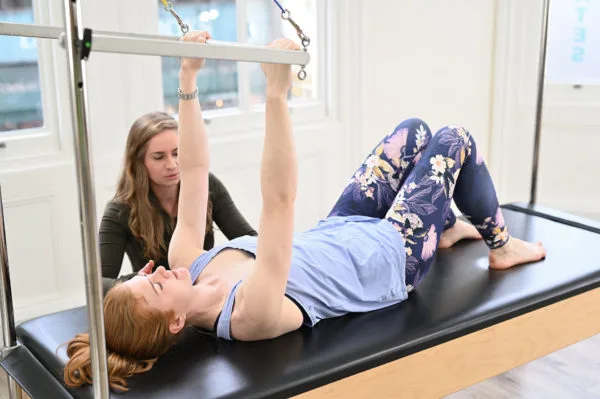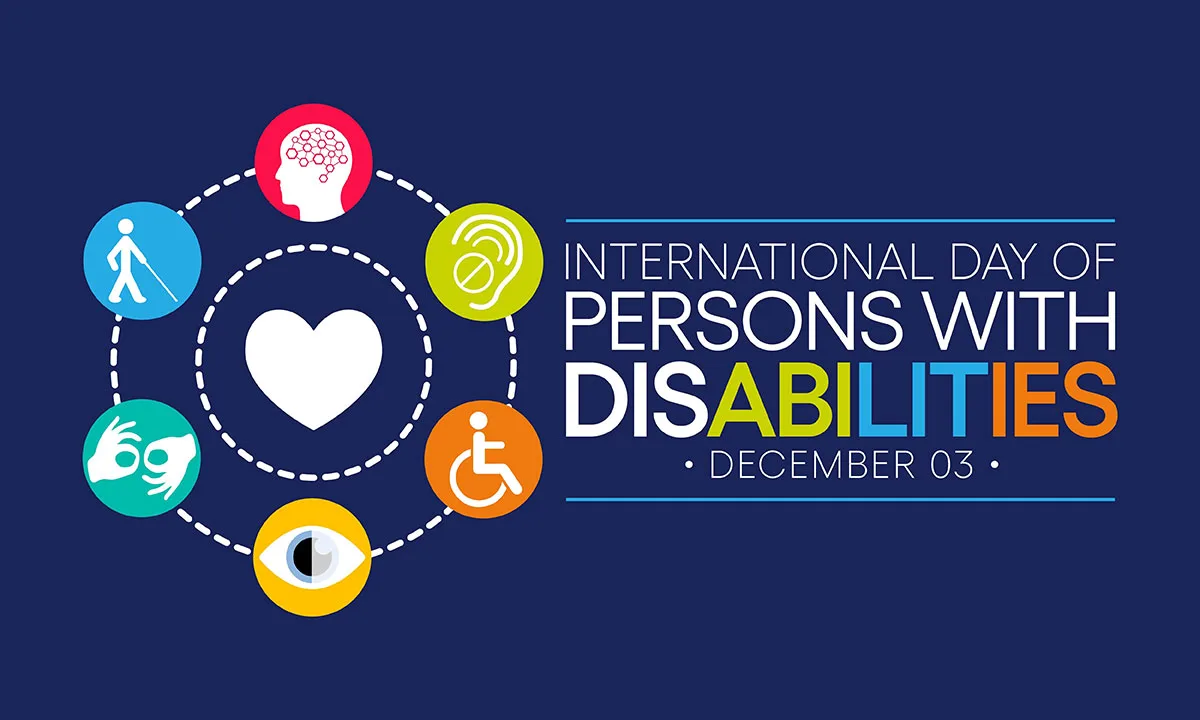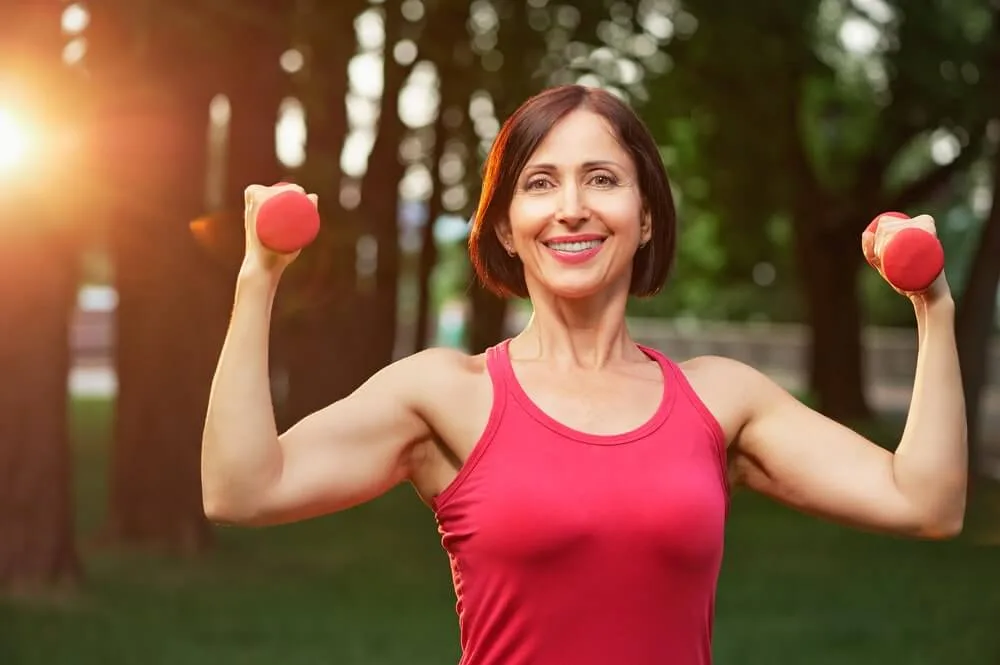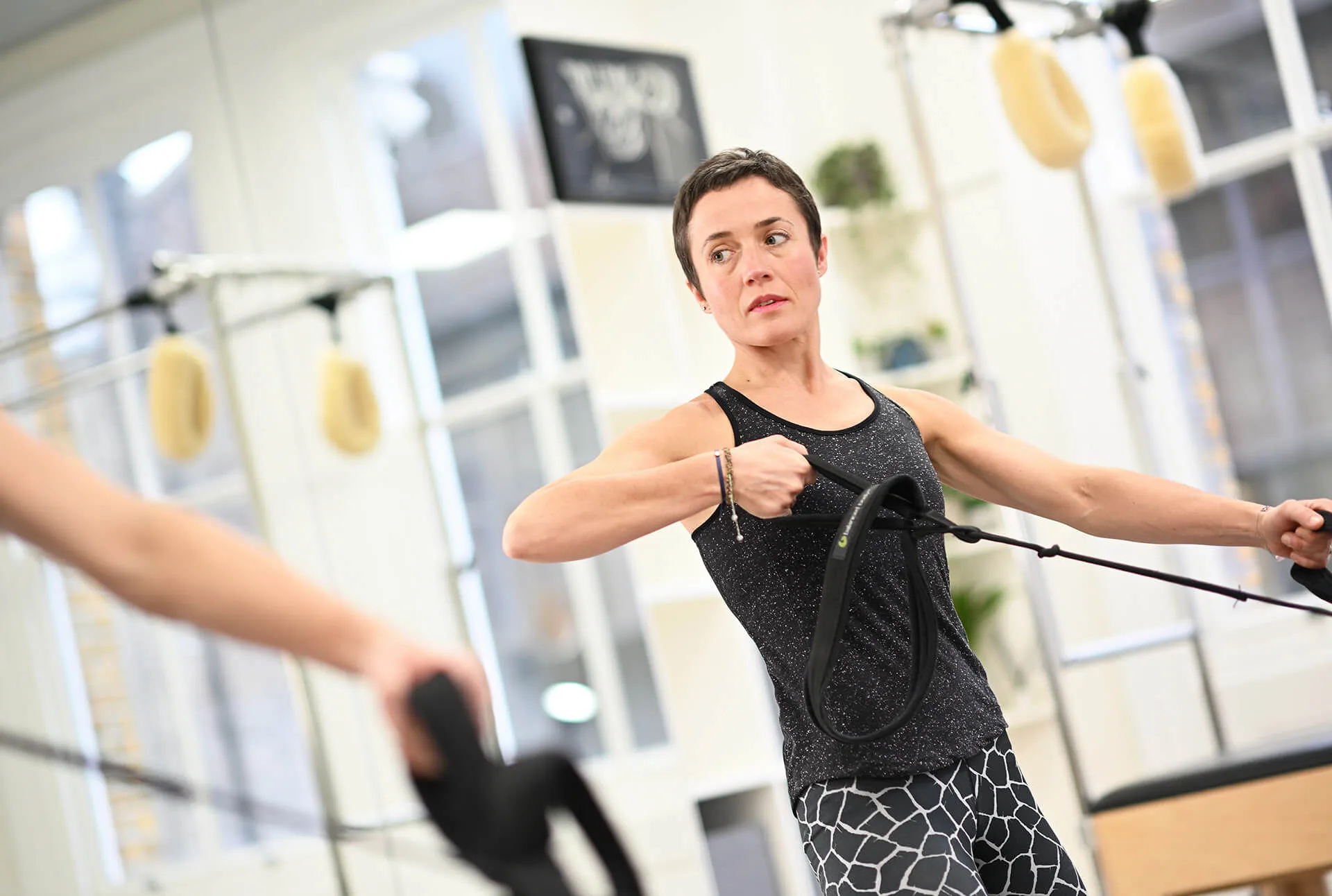Do you have a disability? Do you wonder whether Pilates can help you? Have you always wanted to try Pilates? Are you wondering whether Pilates can help you if you have a disability? Read on to find out the answers to these questions.
Read on to find out the answers to these questions.
Can a disabled person do Pilates?
Are you wondering whether Pilates is suitable for the disabled? Well the answer is yes! To mark International Day of People with Disabilities on 3rd December 2022, we explore whether Pilates is something people with disabilities can do.
Pilates, particularly equipment Pilates , is a very accessible form of exercise since the exercises can be broken down into simpler movements and modified in many ways which makes Pilates good for disabled people. Pilates is also a low intensity exercise which is a great place to start if you have been inactive for a period of time.
The term disability is extremely broad. Having a disability can be a combination of a physical or cognitive limitation but is also dependent on your environment. A disability may not affect you at home when you have the appropriate support and adaptations, whereas when you try to participate in the wider world, you may then struggle.
To know what type of Pilates is suitable for you if you have a disability, you need to be specific in terms of the limitations you may have.
- Is it that you have difficulty walking or difficulty with balance?
- Is it that you have an issue with your senses such as a visual impairment?
- Is your disability temporary – such as after illness or surgery, or is it permanent?
It is important to know so that we can recommend the most suitable type of exercise for you – for example, seated Pilates.
For milder to moderate limitations, it may be fine to exercise with limited supervision, however it is important that you are exercising safely. If you are in any doubt, you should always consult a health professional.
For more complex disabilities, it is important to make sure that you are working with a health or exercise professional that has experience in your condition.
Physiotherapists are qualified medical professionals with expertise in delivering exercise as a treatment. They are ideally placed to assess your particular limitations and advise on the appropriate exercise or to refer you on to a health professional with more expertise in your condition.
For the purpose of this article, we will focus on limitations to mobility, such as needing to use a walking aid or a wheelchair or having poor balance.

Doing Pilates with a disability
Before you turn up to any Pilates session it is important that you have already contacted the person conducting the session to see if your needs can be accommodated.
For example, if you are a wheelchair user, it is important to know whether your wheelchair can access the space. It is also important to let the instructor know whether you can get in and out of the chair independently or whether special equipment is needed. If equipment is needed, you need to make sure that it is actually available.
What should I expect from a standard Pilates session?
This depends on what setting you do Pilates in and whether you go to a specialist class.
The most popular way of doing Pilates is in group classes of mixed ability where the exercises are normally delivered on a mat on the floor. For this setting you would need to be able to get up and down from the floor independently, or perhaps with assistance from a chair.
There are often standing exercises which may require the ability to stand unsupported – or with a little support from a chair. Some exercises may also require you to be able to stand on one leg, so it is important that you are safe doing this or that you let your instructor know in advance if you can’t so that the exercise can be modified for you.
If you are going to a specialised class they should be able to offer you modifications and give you more exercises based in your chair so that you are still able to do things.
One-to-One Pilates for the disabled
Working one-to-one with a Pilates instructor or physiotherapist trained in Pilates can be very beneficial if you have a disability for several reasons.
Firstly, part of your first sessions should be allocated to assessing your physical capability. This will help your instructor to tailor your exercises appropriately to your needs.
Secondly, it gives you time to discuss your goals with your physiotherapist or Pilates instructor. It is important to set achievable goals so that you can see your own progress.

Studio Pilates
One of the benefits of coming to a fully equipped Pilates studio is that the equipment uses springs which offer you a lot of support and therefore enables you to move more freely. The springs, straps and bars on the equipment can assist you to do exercises that you may not otherwise be able to manage in a mat class.
Pieces of equipment such as the trapeze table is brilliant as it is a higher surface so does not require you to get on the floor. The reformer is also higher and the Pilates chair can be sat on or stood near for support.

Can I do seated Pilates? Wheelchair Pilates tips.
There are lots of exercises you can do sitting down.
If you are unable to get on and off the floor without help or have significant trouble with your balance, then a group mat class may not be the most suitable for you and a modified class such as a seated Pilates class will be better.
These exercises are suitable for performing either on a chair or in a wheelchair. However, you will need to be able to sit up without a lot of support.
Try the exercises below to get a taste for Pilates you can do in a wheelchair.
Postural awareness
Before doing of the exercises, it is helpful to become aware of your body and how it currently feels. Sit with your feet on the floor if you can. Gently press the feet into the floor and think of lengthening through the body right up to the head. Feel your weight heavy on your sitting bones. Think of opening out across your collar bones. If you are in a wheelchair, you can have your feet on the footrests and use the back support to feel yourself change.
Deep breathing
Pelvic Tilt
Seated dead bug
Scapula isolations
Spine stretch
Book openings (seated)
Mermaid
Side arm with band
Triceps press salute
Can Pilates help with rehabilitation?
Yes! The founder of Pilates, Joseph Pilates, first developed this system of exercise for his own rehabilitation from polio. It is highly suitable for rebuilding strength following illness, injury, or a relapse in a condition. Joseph developed the first equipment during WWII when he helped injured soldiers.
This shows how much the equipment can do and it has got even smarter as technology has progressed!
Can I do Pilates at Complete if I have a disability?
Whether we can see you at Complete Pilates depends on the type of disability you have. Because of this we recommend that you contact us to discuss your requirements. For many disabilities, modifications can be made to accommodate your needs, however, more complex conditions may require more specialist input.
We have different instructors who have more experience in specific areas and we aim to match you with the best instructor for your needs.
Our Angel and City clinics are fully wheelchair accessible with lift access and wheelchair accessible toilets.
Our Chelsea clinic is partially accessible. It has a step at the front door and a lift, however, there are 7 steps up to the entrance to the clinic on the first floor and there is no wheelchair accessible toilet.
Want to chat with us to discuss your needs?
Get in touch! You can find us at one of our Pilates studios in London and speak to us about your needs. You can find us at our studios below:
Education is key:
These blogs are designed to give information to everyone, however, it is important to remember that everyone is different! If you have not seen one of our therapists and have any questions about injuries, what you have read or whether this may be useful to you, please just ask. We are more than happy to help anyone and point you in the right direction. Our biggest belief is that education is key. The more you understand about your injury, illness and movement, the more you are likely to improve.




